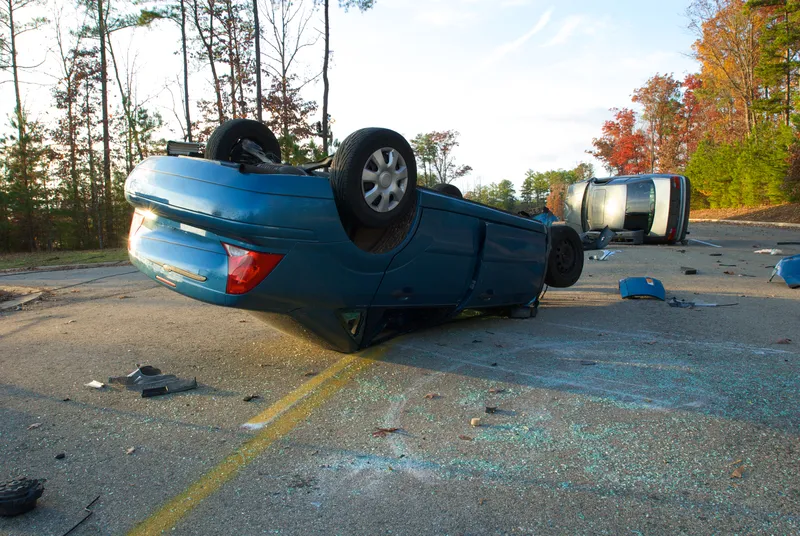Sweden’s National Road and Transport Research Institute (VTI) is publishing a new report showing ways to improve road safety. Of note is the fact that the report does not recommend a ban on mobile phone use while driving. Instead, VTI believes that a package measures can train and support drivers to manage communications more safety. According to VTI, this will be more effective than a ban on the use of cell phones at the wheel. VTI claims that more information will enable drivers to understand when it is d
April 25, 2012
Read time: 2 mins
Sweden’s National Road and Transport Research Institute (5230 VTI) is publishing a new report showing ways to improve road safety. Of note is the fact that the report does not recommend a ban on mobile phone use while driving. Instead, VTI believes that a package measures can train and support drivers to manage communications more safety. According to VTI, this will be more effective than a ban on the use of cell phones at the wheel. VTI claims that more information will enable drivers to understand when it is dangerous to use mobile phones while driving. In addition, VTI suggests that mobile phones could be adapted so only certain functions are available depending on the current traffic situation, and can warn drivers if they become distracted. The report also believes mobile handsets could help drivers to interpret the traffic situation through an exchange of information between infrastructure, vehicles and mobile units. According to VTI potential legislation should be technology-neutral and focus on reckless behaviour rather than the use of mobile devices while driving.










